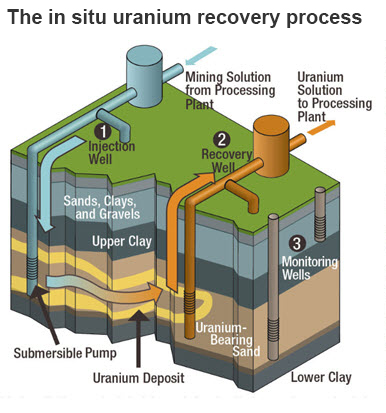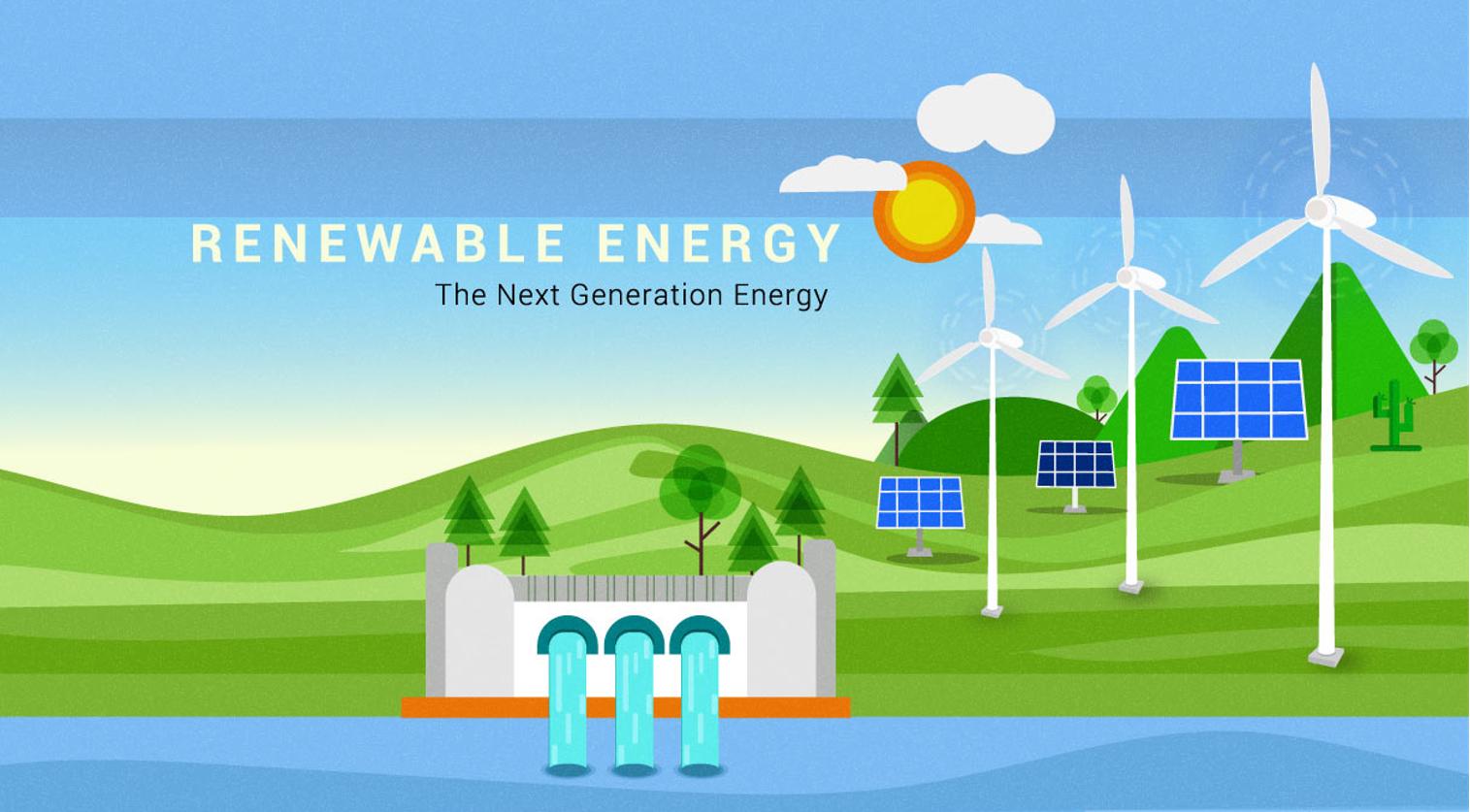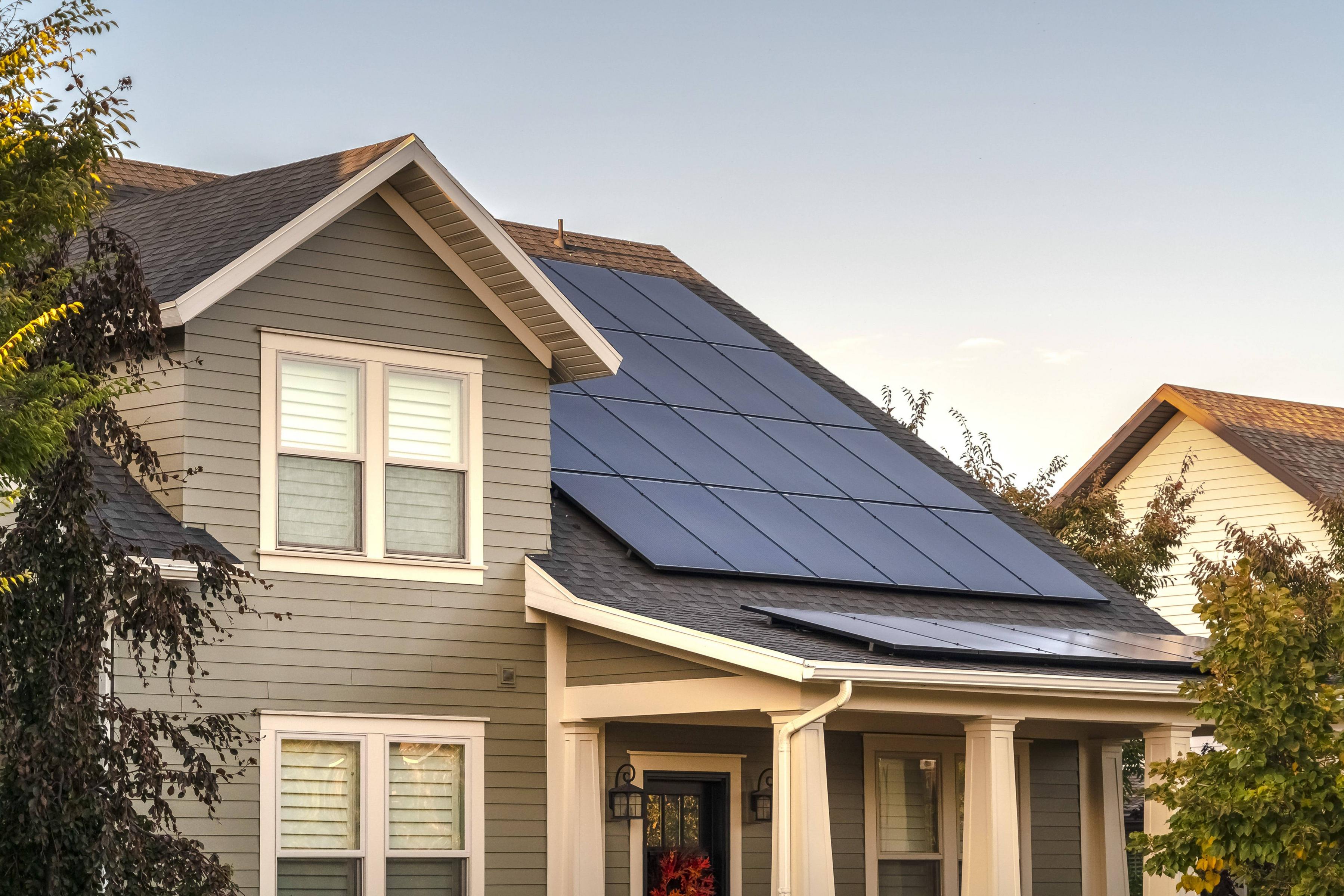
Consider the pros and cons of installing solar panels in your home before you make a decision. Before you make a final decision, consider the cost of installation, the life expectancy of the panels, the carbon footprint of the panels, and how much maintenance the panels will need. Having solar energy on your property can be a great way to save money and be more environmentally friendly. However, installing solar panels can be expensive, and you may need to purchase additional batteries to store the energy you generate.
Solar panels are expensive
There are many factors which affect the cost of solar panel installation. Massachusetts has an average cost of $14,000 and savings of over $30k in 25 years. Massachusetts's electricity rate is higher than the national average, and its policies and incentives are ahead of the curve. A system with 5kW usually pays for its self in four years. High-quality solar panels and track mounting are a good way to maximize your savings. This ensures that the entire system absorbs light at the same rate.
The cost per watt for solar panels varies, from $2.50 per watt to $3.50. This fluctuates depending on where you live, with Southern regions experiencing the highest per-watt costs. However, the cost per-watt doesn't mean that the panels won't produce enough energy. In fact, different states and counties will produce different returns on your investment. You can use a calculator to calculate the cost of solar panel installation.

Solar panels have a long life expectancy
There are several factors that can affect the lifespan of solar panels, including the equipment used, where they are installed, and how well they are maintained. Solar panels have a twenty-five-year lifespan on average, but they may last longer. But they don’t produce the same energy for the first 20. As a result, they slowly lose power and efficiency over time. It's safer to use the average lifespan of twenty-five years for your calculations.
The quality of the solar panels you choose will determine how long they will perform, as low-quality panels degrade more quickly. The life expectancy of solar panels can be reduced by extreme weather conditions. Solar panels can be damaged by hail, snow, severe weather conditions, and heavy rains. Their lifespan will also be affected by the quality of the installation racking system. Therefore, it's important to consider the conditions where you'll be installing your solar panels before you purchase them.
Solar panels reduce carbon emissions
When you install a solar panel, you're helping to reduce your household's carbon footprint. Each panel produces a carbon footprint that is about 6 grams per kilowatthour (kWh). This is nearly half the carbon emission from traditional utilities. Solar panels also emit less carbon than traditional utilities like coal and gas Carbon Capture and Storage. Solar panels are comparable in carbon footprint to wind and nuclear power.
Although the carbon footprint of solar panels can vary greatly, it is still lower than that of fossil fuels. Solar panels can reduce their carbon footprints by using less energy than hydrocarbons, natural gas, and coal. This means that they can be an excellent investment for your home and the environment. No matter where you live in the world, solar panels can make an enormous impact on your community's carbon footprint.

Maintenance costs for solar panels
In order to get the most out of your solar panels, it is important to take the necessary maintenance measures. Your snow content may require you to clean the panels once a year. Although most of the snow will fall off naturally due to the tilt of the panels, some particles will remain. This will limit the ability to produce energy. You can always hire professionals to help you if the panels are too difficult to clear.
In most cases, you can clean your solar panels yourself. However, you should be aware that the maintenance costs will depend on the severity and frequency of cleaning. When planning your installation of solar panels, you should consider this cost. Many solar panel manufacturers offer maintenance visits at no cost or a reduced rate. It is generally more expensive to have your solar panels installed on a rooftop than on the ground.